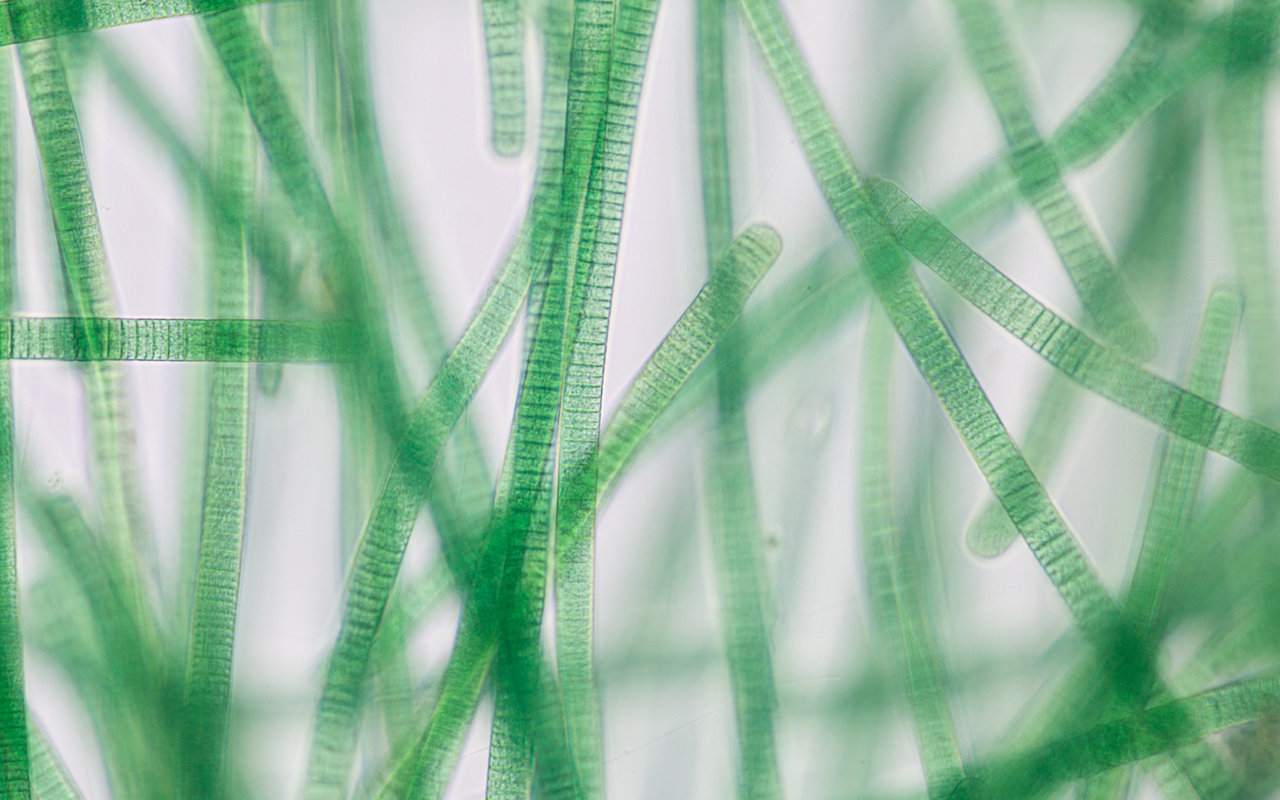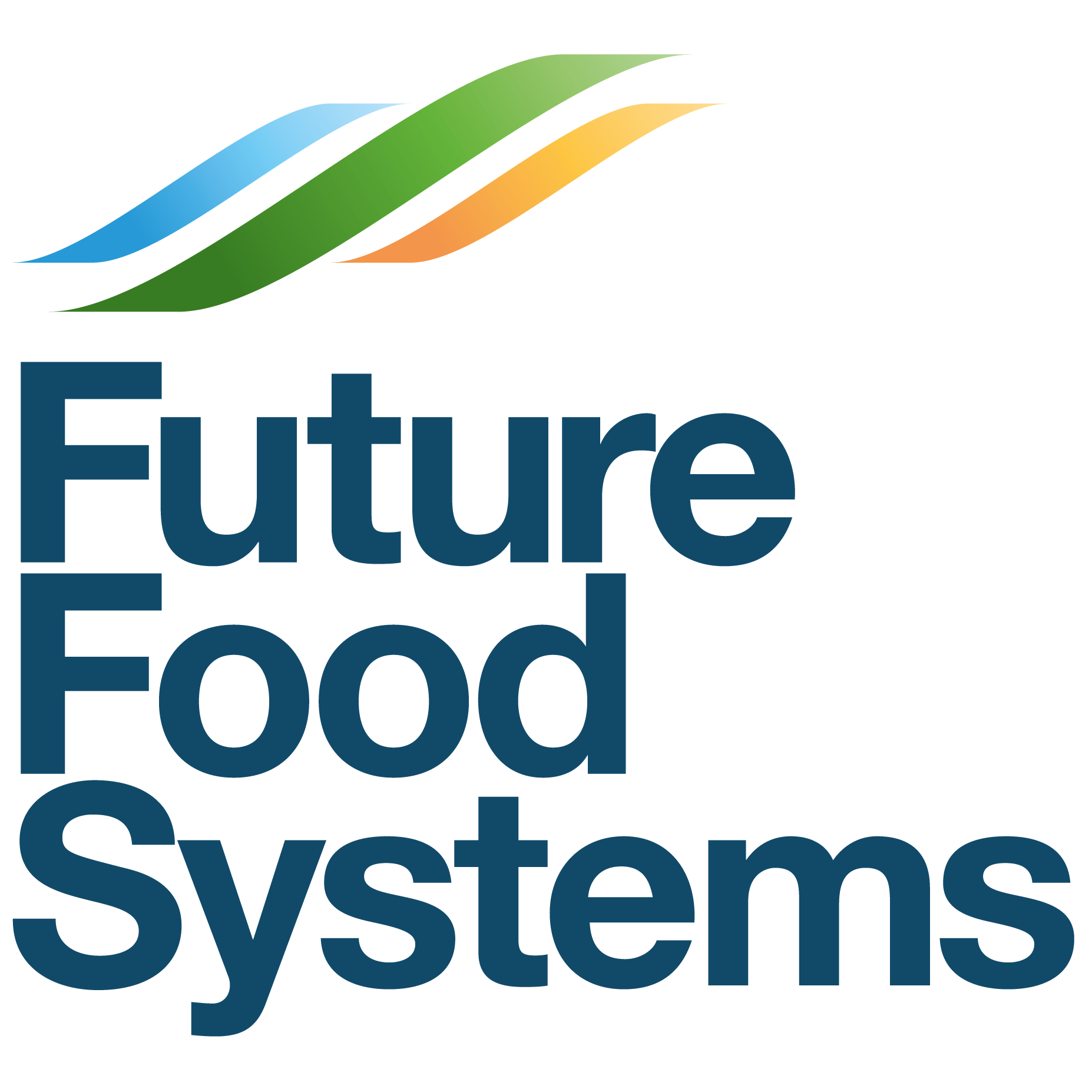Challenge As demand grows for sustainable alternatives in food and packaging, there is increasing interest in natural pigments and biodegradable materials. Phycocyanin, a natural blue pigment with nutritional and pharmaceutical potential, and bioplastics derived from microalgae offer promising solutions. However, efficiently cultivating biomass to produce both compounds at commercially viable levels presents a significant challenge.
Solution This project aims to optimise biomass cultivation conditions to maximise the co-production of phycocyanin and bioplastic precursors. By refining parameters such as nutrient supply, light intensity, and cultivation systems, the research seeks to enhance yield and efficiency, enabling scalable production of both high-value pigment and biodegradable materials.
Impact The outcomes will support the dual goals of sustainable food innovation and environmentally friendly packaging. By improving production efficiency, the project contributes to the commercial feasibility of microalgae-derived ingredients and materials, promoting a circular bioeconomy and reducing reliance on synthetic dyes and petroleum-based plastics.






